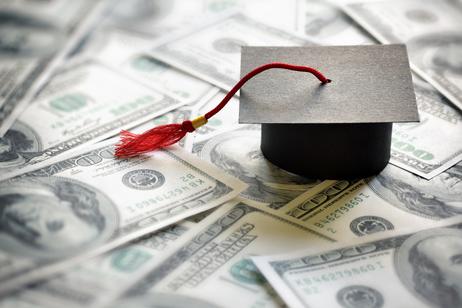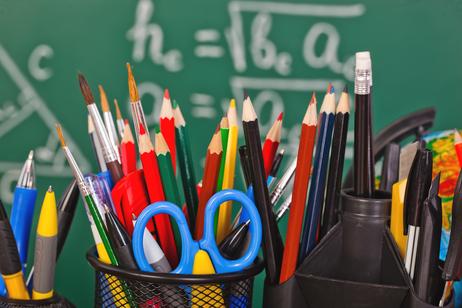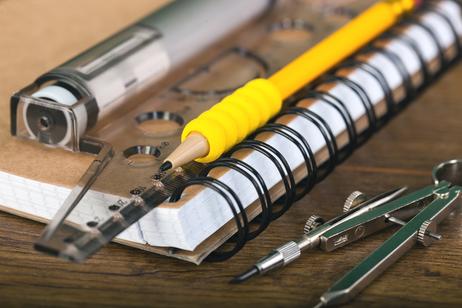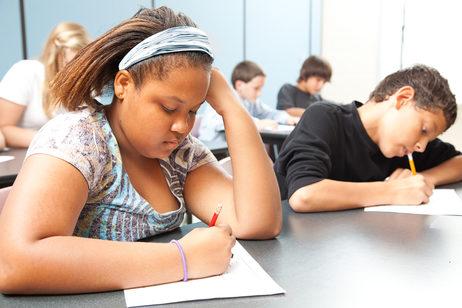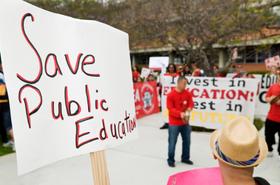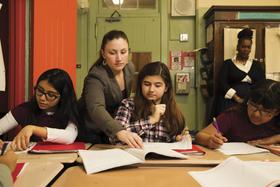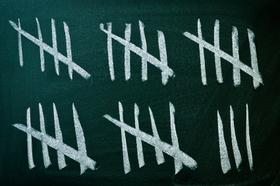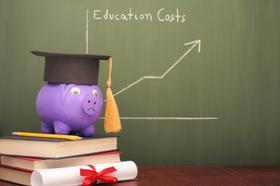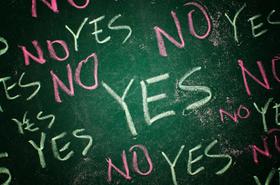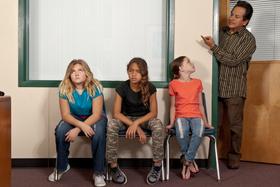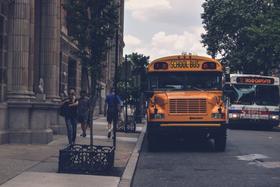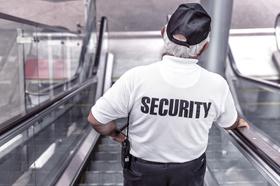When you think of how your child’s education is going to cost, you probably think of the expenses you cover yourself. From school books and uniforms to daily lunches, transportation to and from school, and extra educational materials at home, the costs add up quickly. But what about the costs you don’t cover? Things like teacher salaries, school maintenance and repairs, taxes, and more – someone has to pay these costs, but who?
If your child attends public school, it is likely that the majority of the cost of his education will be shouldered by the government (federal and state as well as local). One might argue that your taxes pay for a portion of those costs, but it is nowhere near the thousands of dollars it actually takes to send your child to public school for a year.
Depending on where you live and the quality of the local education system, you may be wondering just where all of that money goes. In this article, we’ll discuss the average annual cost to educate a student in different states as well as some of the ways your tax dollars are spent.
This video from The Cato Institute examines the cost of public K-12 education.
Annual Costs for Public Education by State
Spending varies drastically for public education from one part of the country to another. The biggest spender is New York, shelling out over $20,000

